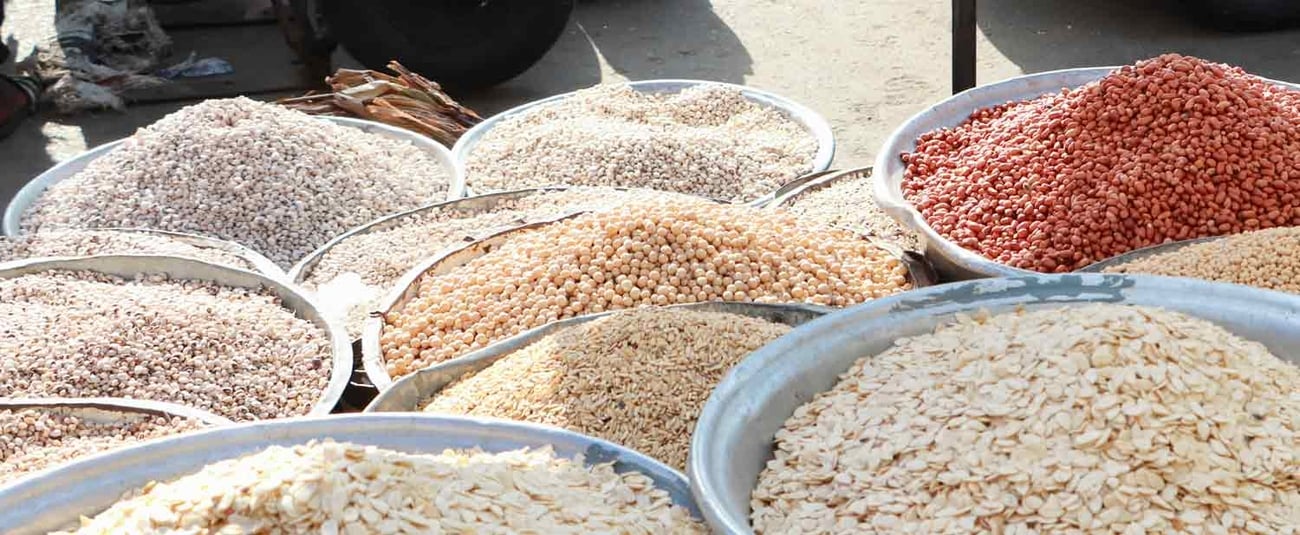Ghana’s Minister for Food and Agriculture, Dr. Bryan Acheampong, has indicated that the government aims to lift the recently imposed ban on grain exports by November.
This anticipated move is expected to offer relief to stakeholders within the agricultural and trade sectors, who have faced significant disruptions due to the sudden halt in exports stemming from production difficulties in northern Ghana.
The export ban, enacted last week, was a direct response to concerning reports of diminished grain yields in the northern regions, primarily attributed to an unusual dry spell that has severely impacted crop production.
With growing apprehensions regarding food security and the potential for escalating grain prices, the government’s swift intervention was deemed necessary to prioritize domestic needs and ensure the nation’s food supply remains secure before allowing any exports.
In a recent media briefing, Dr. Acheampong expressed confidence that the challenges currently facing the agricultural sector would be resolved by November, setting the stage for a potential resumption of grain exports.
He underscored the importance of closely monitoring the evolving situation, particularly with respect to weather patterns and agricultural outputs in the affected regions.
“We will monitor the situation, but we believe that we will come out of this situation by November. We should be very clear when the northern harvest comes in, and the southern sector comes in, and then the imports come in. By November, we should be very clear, and so we will monitor and we will apprise the nation,” Dr. Acheampong remarked.
The Minister’s statements reflect the government’s commitment to navigating the ongoing agricultural challenges while safeguarding the interests of local farmers and consumers, with the prospect of reinstating grain exports seen as a vital step toward stabilizing market conditions.
Disclaimer: Ahotoronline.com is not liable for any damages resulting from the use of this information
CitiNews





